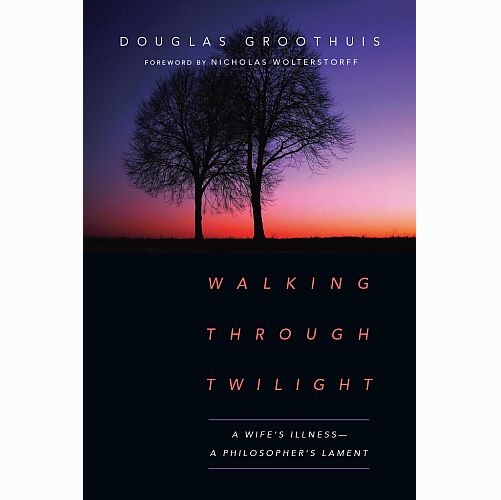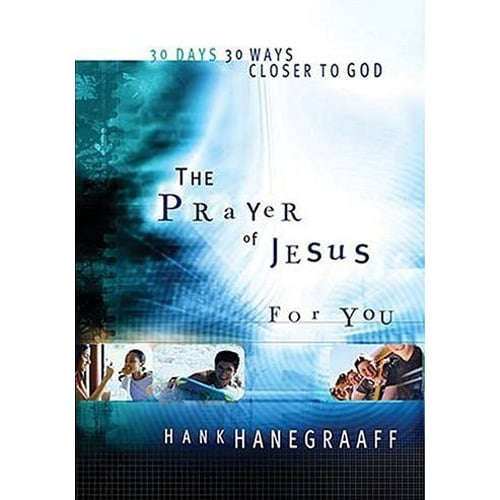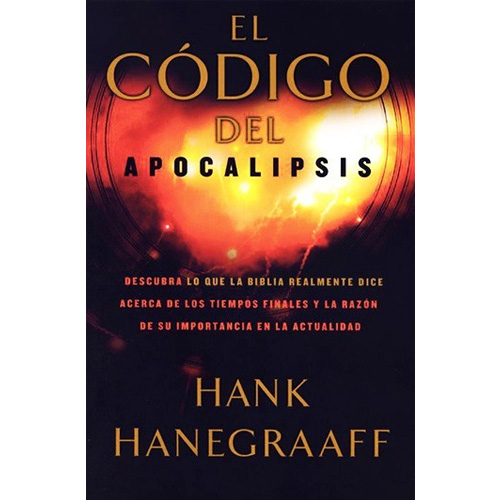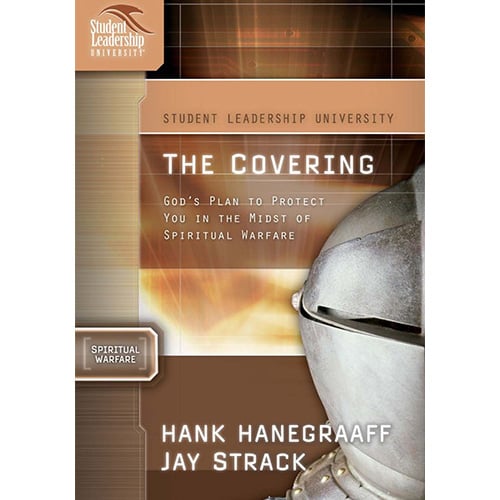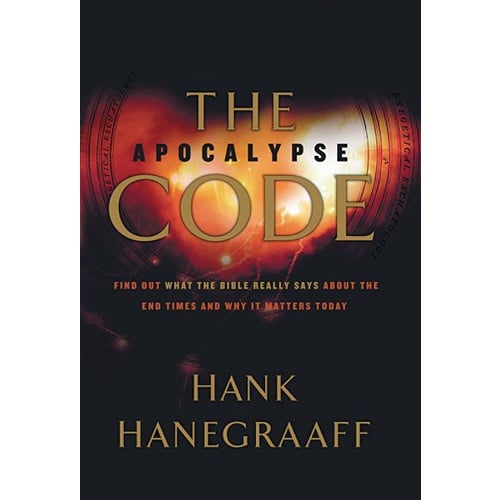CRI Resource: Walking Through Twilight A Wife’s Illness—A Philosopher’s Lament
Description
Description
How do you continue to find God as dementia pulls your loved one into the darkness?
Nothing is simple for a person suffering from dementia, and for those they love. When ordinary tasks of communication, such as using a phone, become complex, then difficult, and then impossible, isolation becomes inevitable. Helping becomes excruciating.
In these pages philosopher Douglas Groothuis offers a window into his experience of caring for his wife as a rare form of dementia ravages her once-brilliant mind and eliminates her once-stellar verbal acuity. Mixing personal narrative with spiritual insight, he captures moments of lament as well as philosophical and theological reflection. Brief interludes provide poignant pictures of life inside the Groothuis household, and we meet a parade of caregivers, including a very skilled companion dog.
Losses for both Doug and Becky come daily, and his questions for God multiply as he navigates the descending darkness. Here is a frank exploration of how one continues to find God in the twilight.
REVIEWS
“This is a hard book to read—like watching the news and learning about war, poverty, and famine. We would rather look away, ignore, and pretend. God doesn’t pretend; he knows, he enters in, and he loves us. And God calls us to participate in his love and presence. So for those with family or friends walking through the confusion and challenges of dementia, this book is a real gift. Groothuis takes us from admissions of moments of rage to the sweet, tender mercy of Sunny the goldendoodle, from painful, honest reflections about the eeriness of the disease to signs of hope that only God can provide. He helps us begin to understand what is beyond our grasp. Many who try to make sense of their own journeys will find here an authentic voice to help along the way.”
“To be honest, I’ve never read a book like this. It overflows with deep reflection on the suffering of life and the apparent absence of God at the very times we need him most. But the specialness of this book lies in Groothuis’s raw, unfiltered, and bewildering expression of emotion—pain, agony, confusion—regarding the journey of his dear wife, Becky, and its impact on Doug’s own pilgrimage. There are no cheap Christian slogans, no slapping of a Bible verse as a Band-Aid on a near-mortal wound, no simplistic happily-ever-after. But there is hope. Hope built on deep reflection about Christianity, suffering, and the meaning of life. To me, this is the best book my dear friend has ever written. Its healing powers will penetrate your soul as you slowly read through its pages.”
“Poignant. Profound. Powerful. This very personal journey through a wife’s dementia will astound you with its eloquence and insights. The path through twilight is painful, but—thank God!—it’s not without ultimate hope. This is a memoir that will mark you forever.”
“Would I write as Doug Groothuis does here? Could I even begin to? I was profoundly humbled by this memoir. Philosophers are all about clear thinking, but the classroom is beggared by the anguish described here with such searing honesty, such poetic insight, such intense clarity, and such unconquerable hope.”
“I read the book in one sitting because it is riveting. Groothuis brings to life not only the day-to-day sorrows and joys but also the deeper anxieties and consolations that underlie the everyday, and matches these evocative descriptions with reflections that invite all of us to join him on this journey of suffering and faith.”
“Grace-giving love is the underlying narrative that runs through Groothuis’s story. Because of that love, this memoir will help readers who are beset by real troubles to face them with courage, wisdom, and hope.”
Additional Info
Additional information
| Weight | 9 oz |
|---|
